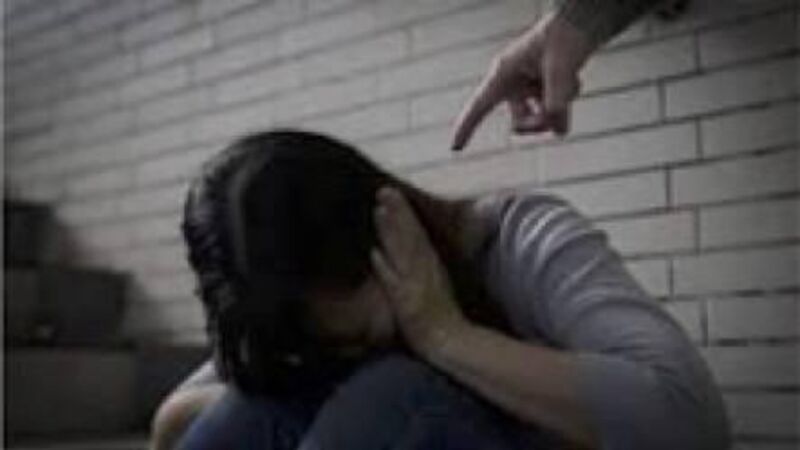Covid-19 pandemic a ‘gift’ to violent abusers

Between the end of March and June of last year, the Women’s Aid’s national helpline saw a 43% increase in calls in comparison to 2019.
The Covid-19 pandemic has been a “gift” to perpetrators of domestic violence, according to Women’s Aid CEO Sarah Benson.












